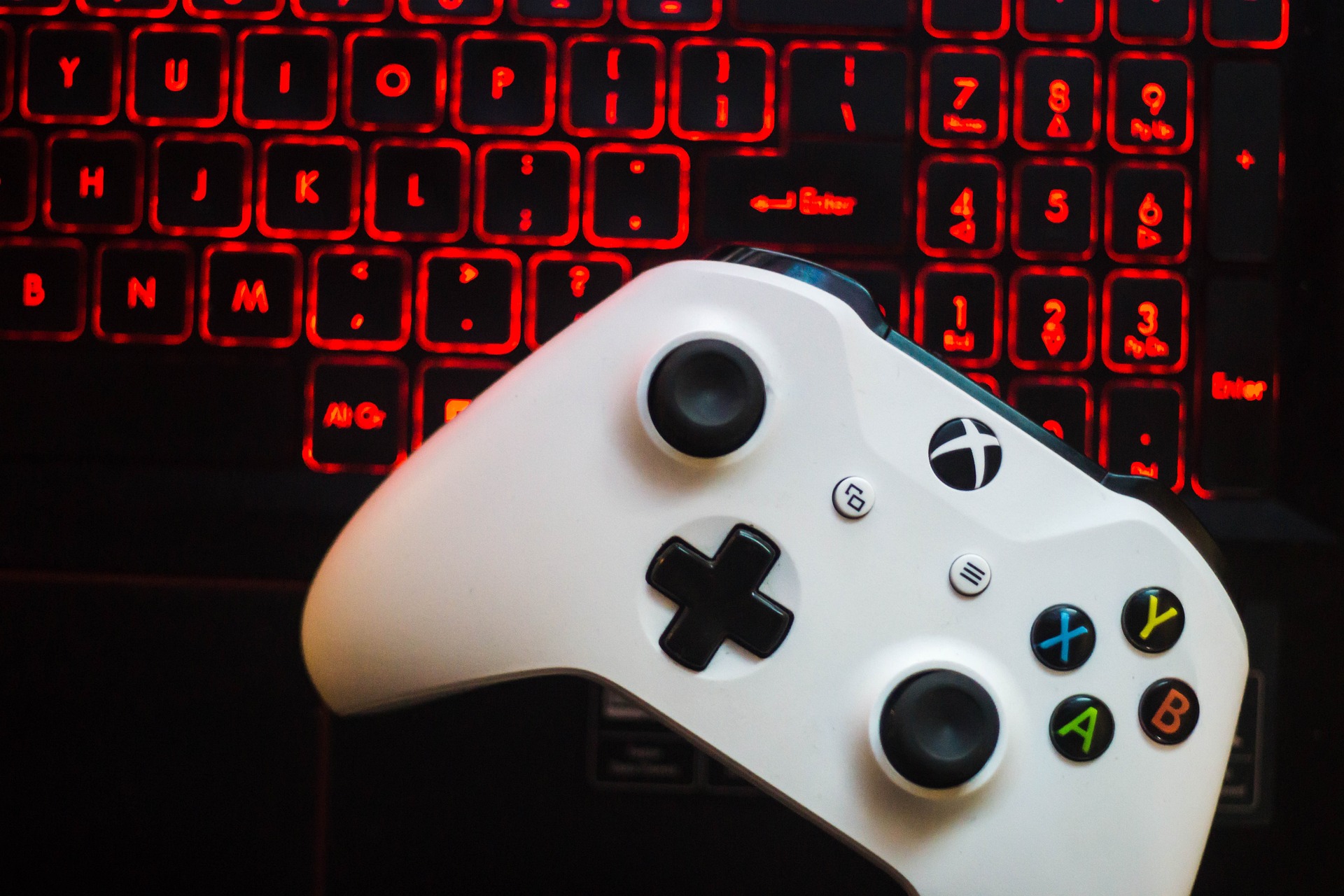Weekly planning for sustainable energy, recovery, and skin maintenance
Plan your week intentionally to support steady energy, effective recovery, and resilient skin. This short guide outlines practical steps around hydration, nutrition, targeted workouts, sleep hygiene, mobility work, and antioxidant-rich skincare to help maintain balance across body systems and appearance.

Creating a weekly plan that balances sustainable energy, efficient recovery, and thoughtful skin maintenance helps you stay consistent without burning out. Small, repeatable choices—like scheduled hydration, prioritized sleep windows, and short mobility sessions—compound over days. A practical routine reduces stress on the body, supports circulation, and allows nutrients that promote collagen and antioxidant activity to work more effectively in both performance and skin health.
Hydration and skincare routines for energy and skin
Aim to space fluid intake through the day rather than relying on large volumes at once. Proper hydration supports circulation, thermoregulation, and skin turgor, which can influence how skincare products perform. Pair consistent water intake with morning and evening skincare steps that focus on cleansing, sun protection during the day, and targeted serums for nighttime repair. Products with humectants and barrier-supporting ingredients can complement internal hydration but should not replace medical advice for skin conditions.
How to plan workouts and recovery
Schedule a mix of higher-intensity workouts and low-impact sessions across the week to balance strength and endurance goals. Interleave harder training days with active recovery—gentle mobility, light aerobic work, or restorative stretching—to aid circulation and reduce cumulative fatigue. Plan at least one full rest day to prioritize recovery processes such as muscle repair and glycogen repletion. Track perceived exertion and adjust volume to avoid chronic stress that hinders both energy and skin-repair mechanisms.
Nutrition and sleep to support endurance
Weekly meal planning that includes balanced macronutrients and timing around training helps sustain energy and endurance. Prioritize protein to support strength and collagen synthesis, and include complex carbohydrates for longer workouts. Antioxidant-rich foods—berries, leafy greens, and nuts—support cellular repair and may complement topical skincare. Equally, protect sleep duration and quality by creating a consistent bedtime routine; good sleep supports hormonal balance, cognitive energy, and tissue recovery.
Mobility, flexibility, and circulation work
Short daily mobility sessions can improve range of motion, reduce injury risk, and enhance circulation—benefits that support both workouts and skin health through improved nutrient delivery. Include dynamic warm-ups before training and focused flexibility work after harder sessions. Consider light compression or elevation for short periods if circulation feels sluggish after prolonged sitting. Regular movement breaks during the day sustain circulation and reduce stress on connective tissue.
Building strength and collagen-supporting habits
Strength training twice to three times weekly, with progressive overload and adequate recovery, supports muscle mass and metabolic health. Dietary protein distributed across meals supports muscle repair and collagen synthesis. Collagen-specific supplements may be considered by some, but whole-food protein sources and vitamin C intake are foundational for natural collagen production. Match training frequency with rest and sleep so reparative processes have the resources they need to support both performance and skin structure.
Antioxidants, stress management, and consistent routine
Incorporate antioxidant-rich foods and topical antioxidants where appropriate to help defend against oxidative stress. Manage daily stress through breathing practices, brief walks, or structured downtime—chronic stress can impair sleep, recovery, and skin barrier function. Keep a simple weekly routine that balances training, nutrition, hydration, and skincare steps; consistency is more sustainable than perfection and helps maintain energy and skin across fluctuating schedules.
This article is for informational purposes only and should not be considered medical advice. Please consult a qualified healthcare professional for personalized guidance and treatment.
Weekly planning is most effective when it is realistic and iterative. Review what worked each week, adjust intensity and recovery windows, and refine your hydration and skincare pairing to seasonal or activity-related changes. Over time, a stable routine that syncs workouts, nutrition, sleep, mobility, and targeted skin maintenance supports steady energy, better recovery, and durable skin health without excessive effort.






